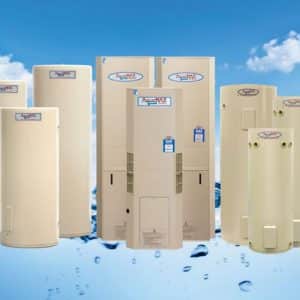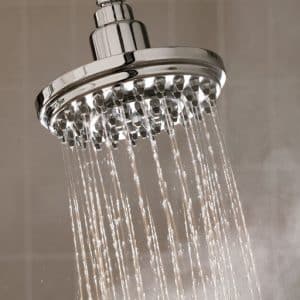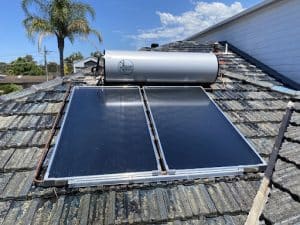
4 Advantages of an AquaMax Hot Water System
If you are looking for a hot water system that


Options in hot water systems have increased in recent years. Initially, there was a simple option between gas and electric storage styles. The positive side is that we have more types of hot water systems to cater to our requirements.
If you feel a straightforward decision about which hot water system is right for you is complicated, here are some advantages and disadvantages across all hot water system options.
Australia has been phasing out older-style hot water systems for the past 12 years. Modern hot water systems are more environmentally-friendly and have decreased greenhouse gas emissions. Manufacturers now give us a range of more energy-efficient water heater options.
Additionally, it is now possible to integrate storage tank systems with solar collector panels or heat pump technology to maximise renewable energy sources, further reducing fossil-fuel-generated power consumption.
Bottom line: Electric storage hot water systems offer indoor or outdoor installation flexibility. It is also possible to connect to off-peak electricity tariffs for reduced running costs. However, electric storage can be the most expensive option when run on a continuous, anytime tariff. Another disadvantage is that the tank needs heat to maintain the temperature at 60* C to prevent bacteria growth which in the long run may cost you a lot more than other options.
Gas storage hot water systems have gotten more energy-efficient in the past few years. Most gas water heaters have LPG or natural gas options. The latter option is available to many Sydney residents, allowing us to conveniently access the gas supply for this type of hot water system.
Bottom line: Energy-efficient options can provide faster heat recovery than electric storage. Also, gas-type systems have fewer greenhouse gas emissions than electric options. However, if you are not amongst the majority of Sydney residents with easy access to natural gas, using LPG can increase operating costs. You will have to factor connection costs into your installation budget if you do not currently have a natural gas connection. Finally, this option will require venting if installed indoors.
From an ecological standpoint, what could be better than harnessing the sun’s free power to provide you with hot water at a fraction of the standard hot water cost?
Older solar-powered hot water systems relied on a sturdy roof structure as roof panels had to be coupled with the tank. However, modern options now include split system models which heat the water using the roof-mounted panels but store the water in a ground tank.
Bottom line: You can significantly reduce your home’s energy costs, and because of the added benefit of this option being an environmentally-friendly one, you may be eligible for green energy rebates. It’s important to note that both electric and gas-boosted models are available for extra efficiency. On the downside, solar water heating systems can be costly to purchase and install and, for obvious reasons, are not ideal for homes with shaded rooves or in places that constantly experience overcast weather.
The technology behind heat pump water heaters operates similarly to how a fridge does – but in reverse. Heat pumps draw the ambient warmth from surrounding air to heat the water. Because of this, it makes it a highly energy-efficient option for warmer places in Australia.
Bottom line: Heat pump water systems can be as much as three times as energy-efficient as electric hot water storage options. It is also environmentally friendly as it operates on reduced greenhouse gas emissions without needing roof-mounted panels. The downside is that, since this relies on the warmth of ambient air, this is not a good option for cold climates. Additionally, this system tends to be noisy, so exercise particular care in choosing an outdoor location to install. Avoid sleeping areas and parts of your property where the noise will affect your neighbours.
If you’re still unsure which type of hot water system will work best for your volume usage, property, budget or situation, call Atomic Hot Water at 1300 763 734, and we’ll gladly come out to your place and run over some options to suit your needs.

If you are looking for a hot water system that

Your hot water system will inevitably break down while you

If you want a hot water system that is good
